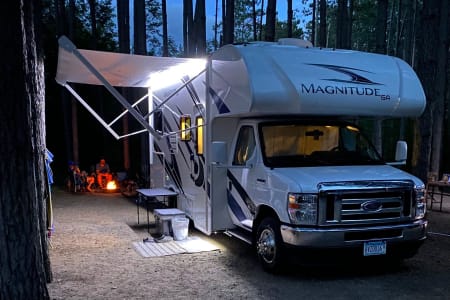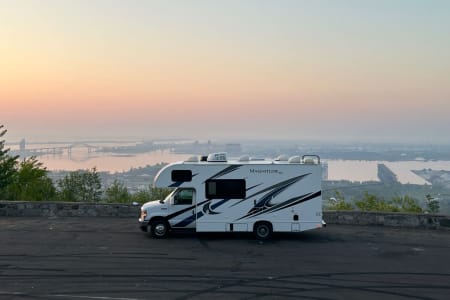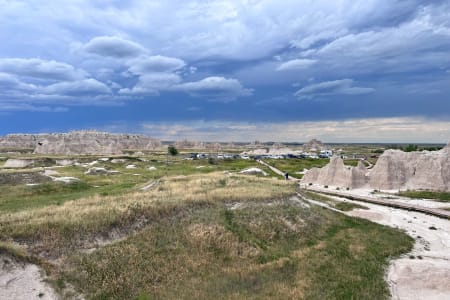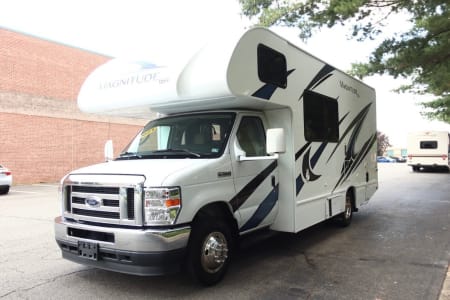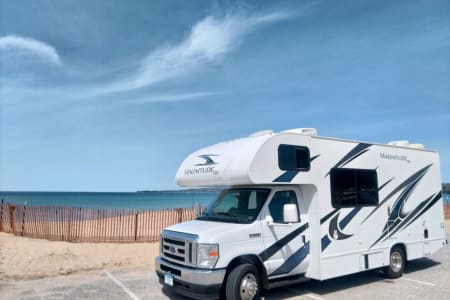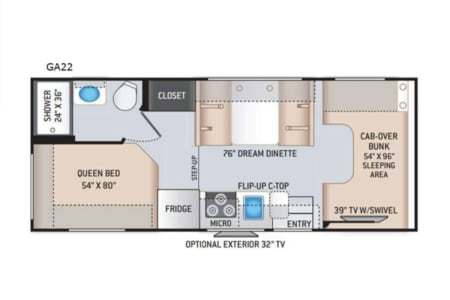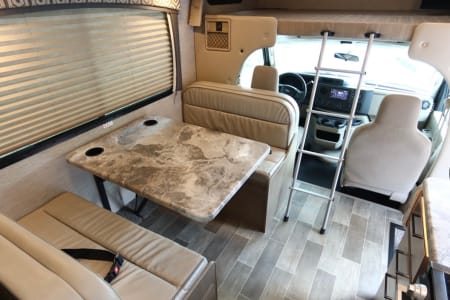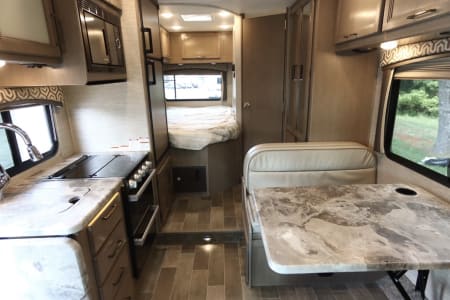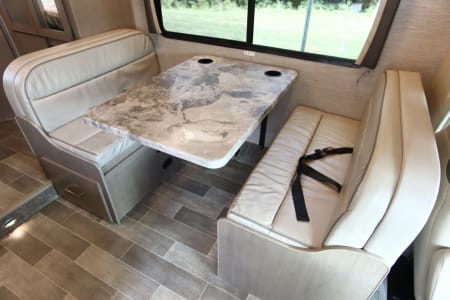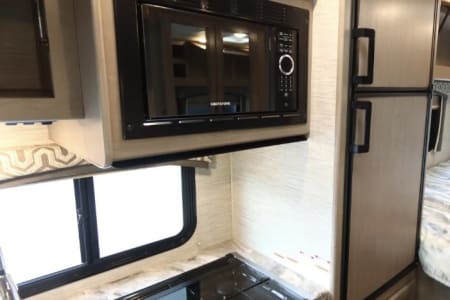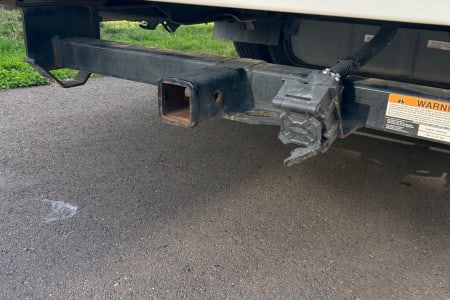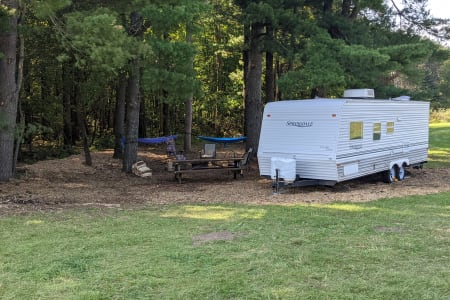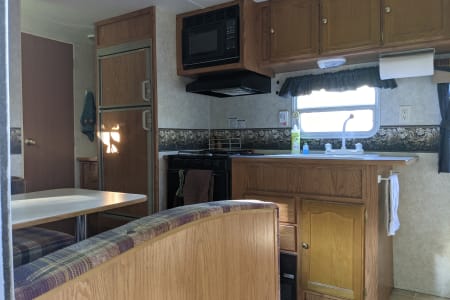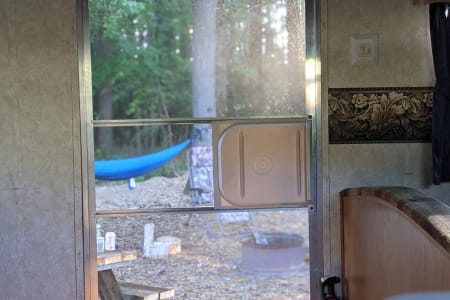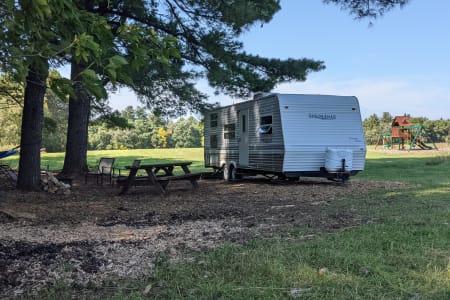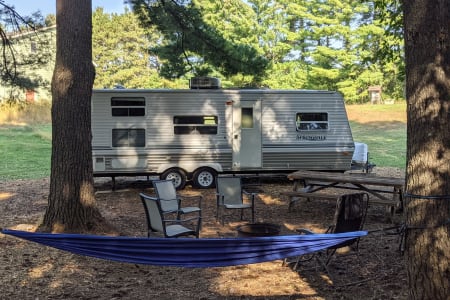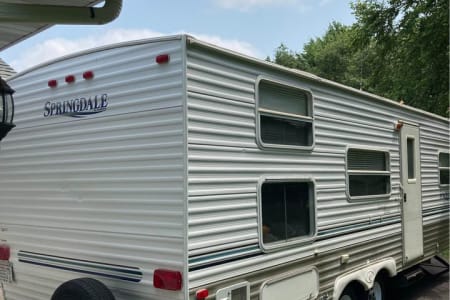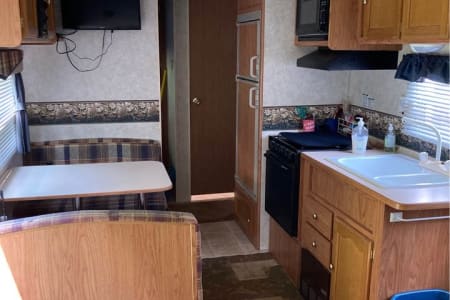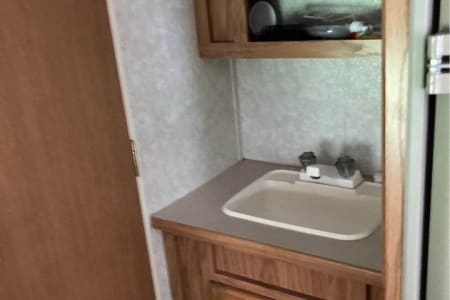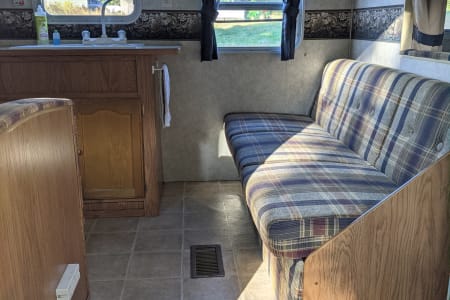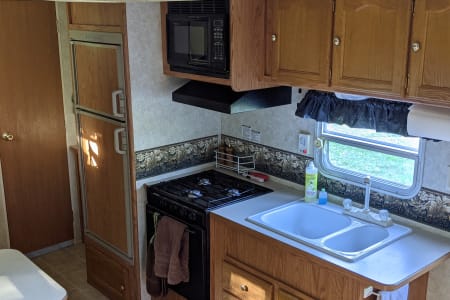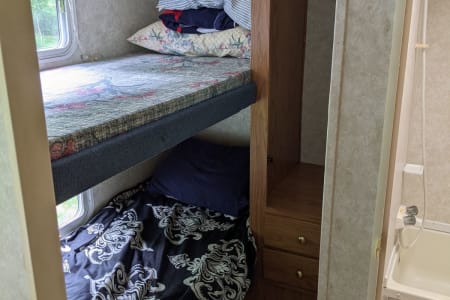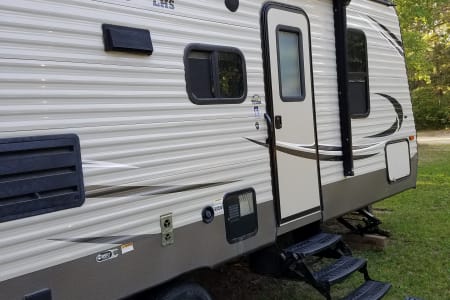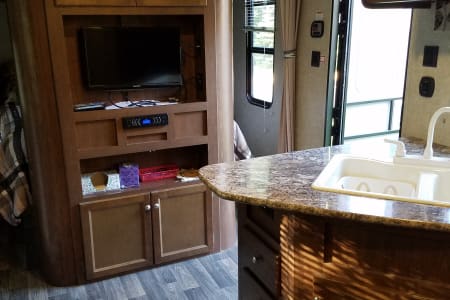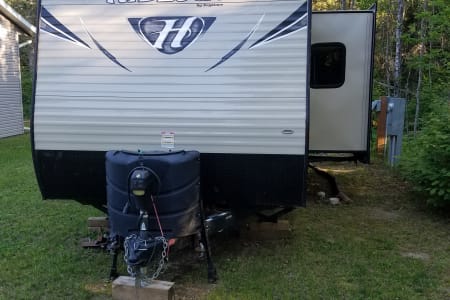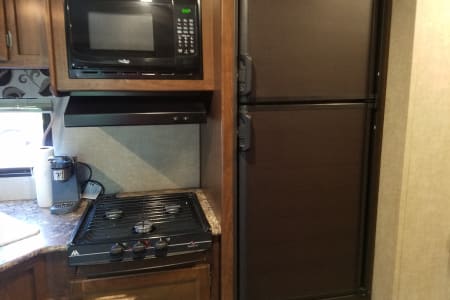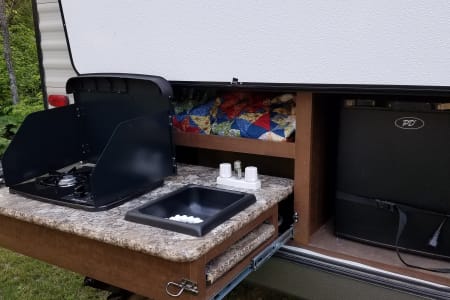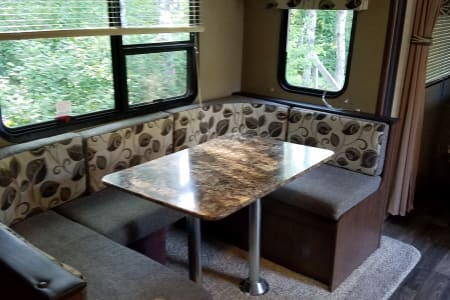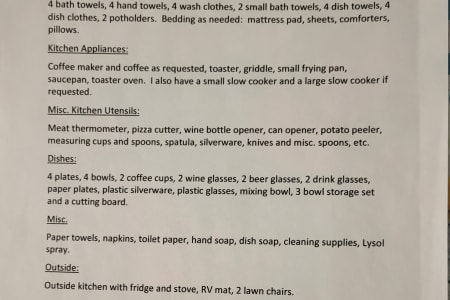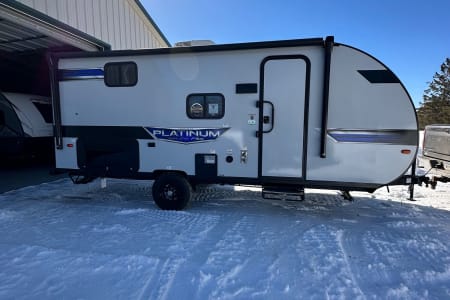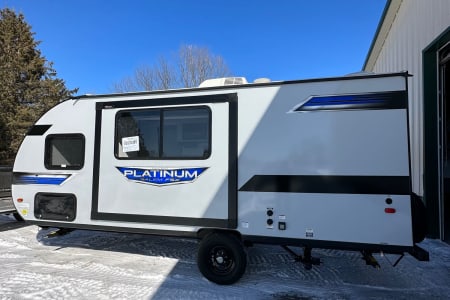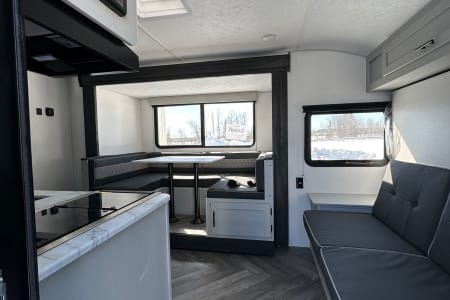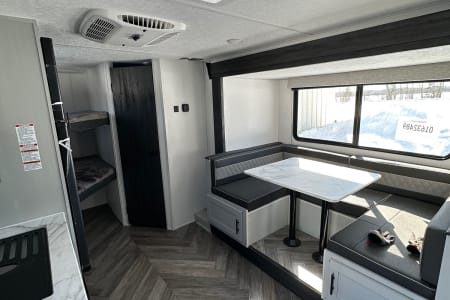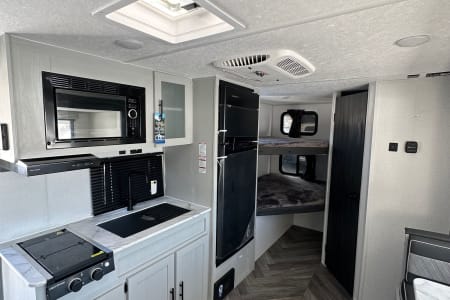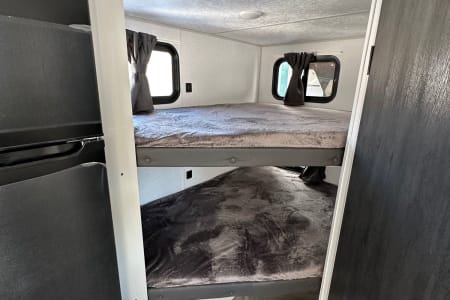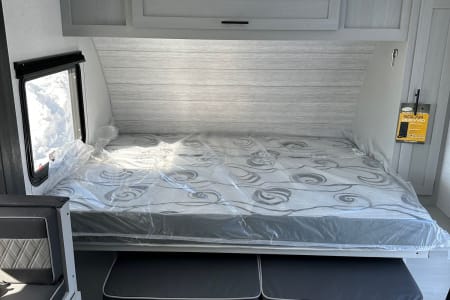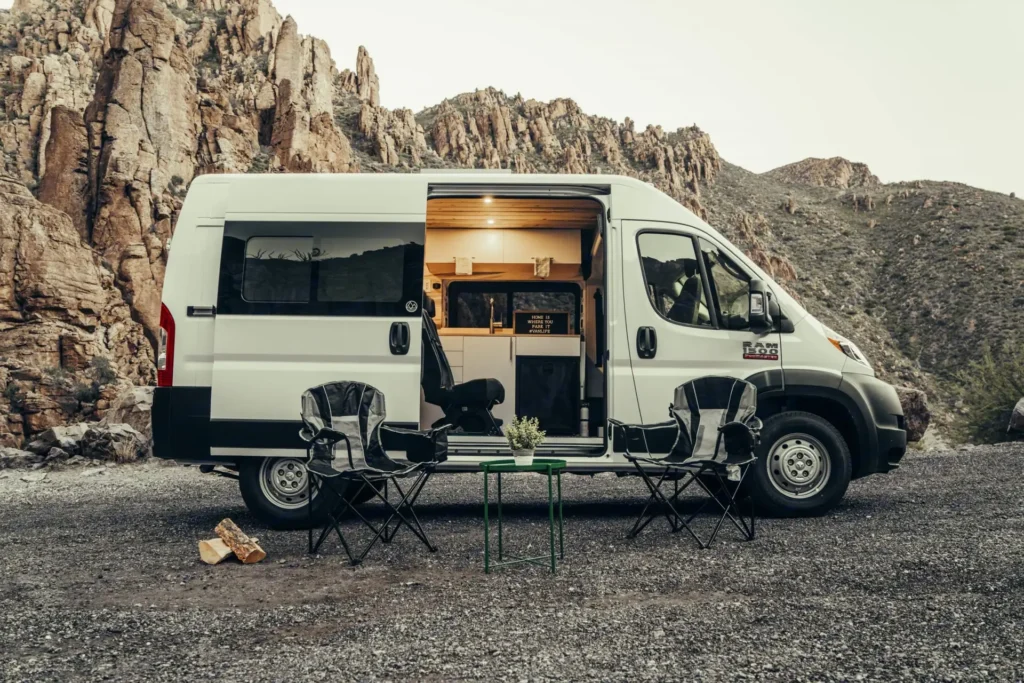
Introduction
Overview of RV Rental Experience for First-Timers:
Embarking on an RV adventure for the first time is an exhilarating experience! Renting an RV allows you to explore the great outdoors, discover hidden gems, and create unforgettable memories with your loved ones. It’s like having a cozy home on wheels, providing you with the freedom and flexibility to travel at your own pace. So pack your bags, hit the road, and let the journey unfold!
COVID-19 Impact on RV Rentals and Vacationing:
In the wake of the pandemic, RV vacations have gained popularity as a safer way to travel. With your own personal space and minimal contact with others, RVing offers a perfect solution for those seeking a much-needed escape while adhering to social distancing guidelines. As a result, RV rentals have seen a significant surge in demand, making it an ideal time to join the RV community and embrace the open road.
How RV Vacationing Changes Perspectives:
RV vacationing provides a unique opportunity to connect with nature and embrace a simpler way of life. It encourages spontaneous adventures, quality time with family and friends, and a deeper appreciation for the beauty of the great outdoors. Swap the hustle and bustle of city life for the tranquility of the open road, and watch as your perspective on travel and nature transforms before your eyes.
Preparing for Your RV Rental Experience:
To ensure a smooth and enjoyable RV vacation, take the time to plan and prepare. Here are some essential tips:
1. Choose the right RV: Research various RV types, such as Class A, B, or C motorhomes or travel trailers, to find the one that best suits your needs and preferences.
2. Book early: Popular RV rental options can book up quickly, especially during peak travel seasons. Reserve your RV well in advance to secure your preferred dates and vehicle.
3. Familiarize yourself with the RV: Before hitting the road, take time to understand your RV’s features, systems, and operations. This will help you avoid any potential issues during your trip.
4. Plan your route: Map out your itinerary, including any desired stops, RV parks, or campgrounds. Be sure to consider travel time, road conditions, and fuel requirements.
5. Pack wisely: Bring only the essentials to minimize clutter and maximize space. Don’t forget important items like bedding, towels, and cooking supplies.
6. Check for insurance coverage: Verify that you have adequate insurance protection for your RV rental. This will give you peace of mind and protection in case of any unexpected incidents.
Up to 10% OFF RV Rental*
Benefits of Renting an RV for Vacationing:
Renting an RV offers numerous advantages, making it an increasingly popular choice for vacationers:
1. Freedom and flexibility: With an RV, you have the liberty to travel at your own pace, alter your itinerary on a whim, and explore off-the-beaten-path destinations.
2. Comfort and convenience: RVs provide all the comforts of home, including a kitchen, bathroom, and sleeping quarters, allowing you to relax and rejuvenate after a long day of adventure.
3. Cost-effective: Renting an RV can be more affordable than traditional vacation accommodations, especially when traveling with a group or family. Plus, you’ll save on dining expenses by preparing meals in your RV’s kitchen.
4. Quality time with loved ones: RV vacations foster a sense of togetherness and create lasting memories with family and friends.
5. Connection with nature: RVing allows you to immerse yourself in the great outdoors and appreciate the beauty of your surroundings.
Post-Booking Steps for RV Rental Customers:
Once you’ve booked your RV rental, there are a few important tasks to complete before your departure:
1. Review rental agreement: Carefully read the rental agreement, including any terms and conditions, to ensure you understand your responsibilities as a renter.
2. Confirm insurance coverage: Double-check that you have the necessary insurance protection for your RV rental, either through your personal policy or by purchasing additional coverage from the rental company.
3. Plan for pickup and drop-off: Coordinate a convenient time and location for picking up and returning the RV.
4. Inspect the RV: Before leaving the rental location, thoroughly inspect the RV for any pre-existing damage and document it with photos or a written report.
5. Familiarize yourself with the RV: Spend some time learning about the RV’s systems, features, and operations to ensure a smooth and enjoyable trip.
Advice on RV Park and Campground Selection:
To make the most of your RV vacation, take the following steps when choosing an RV park or campground:
1. Research your options: Look for RV parks and campgrounds that offer the amenities and services you desire, such as full hookups, Wi-Fi, laundry facilities, or recreational activities.
2. Read reviews: Check out customer reviews to gain insight into the quality, cleanliness, and overall experience of each RV park or campground.
3. Book early: Popular RV parks and campgrounds can fill up quickly, especially during peak travel seasons. Reserve your spot well in advance to ensure availability.
4. Consider location: Select an RV park or campground that is conveniently located near your desired attractions or activities.
5. Verify site specifications: Confirm that the site can accommodate your RV’s size, weight, and hookup requirements.
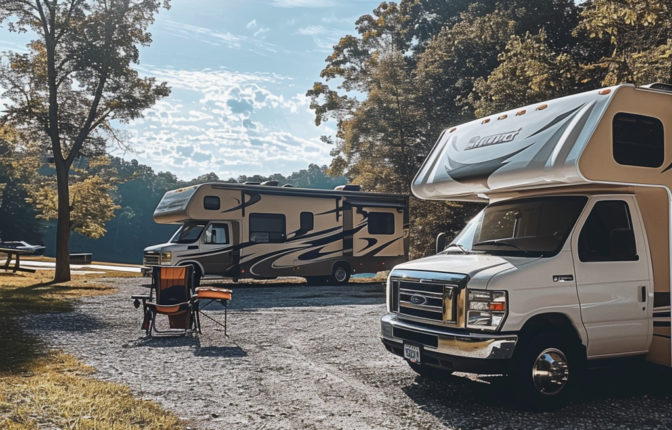
What to Pack for an RV Trip:
Packing efficiently is key to a successful RV vacation. Here are some essential items to bring along:
1. Bedding and towels: Pack sheets, blankets, pillows, and towels for all passengers.
2. Kitchen supplies: Bring pots, pans, utensils, dishes, and cooking tools, as well as disposable items like paper towels, trash bags, and aluminum foil.
3. Food and snacks: Stock up on non-perishable items, as well as fresh ingredients for meals. Don’t forget condiments, spices, and beverages.
4. Toiletries and personal items: Pack toilet paper, soap, shampoo, and other personal hygiene products.
5. Outdoor gear: Bring camping chairs, a folding table, a grill, and any other outdoor equipment you’ll need for your adventures.
6. Entertainment: Pack books, games, or other forms of entertainment for downtime.
7. Emergency supplies: Include a first-aid kit, flashlight, batteries, and any other emergency essentials.
Kitchen and Food Preparation Tips for RV Trips:
Cooking in an RV kitchen can be a fun and rewarding experience. Here are some tips to make the most of your culinary adventures:
1. Plan meals: Before your trip, plan your meals and snacks to minimize food waste and ensure you have all necessary ingredients.
2. Opt for simple recipes: Choose easy-to-prepare meals that require minimal cooking time and equipment.
3. Utilize storage space: Organize your RV’s kitchen cabinets and drawers to maximize storage and make cooking more efficient.
4. Cook outside: Take advantage of your RV’s outdoor kitchen or grill to prepare meals and enjoy the great outdoors.
5. Clean as you go: Keep your RV’s kitchen tidy by cleaning up after each meal, making it easier to prepare future meals and maintain a comfortable living space.
Packing Essentials and Setup for an RV Trip:
Properly packing and setting up your RV is crucial for a successful vacation. Here are some tips:
1. Pack efficiently: Utilize storage compartments, organizers, and packing cubes to maximize space and keep your belongings organized.
2. Secure items: Ensure all items are safely stowed away and secured before driving to prevent damage or injury during transit.
3. Set up camp: Once you’ve arrived at your campsite, level your RV, extend the slide-outs, and set up any outdoor furniture or equipment.
4. Connect utilities: Hook up your RV to water, electricity, and sewer connections, following proper procedures to avoid damage or leaks.
5. Test systems: Before settling in, test your RV’s heating, cooling, and plumbing systems to ensure they are functioning properly.
Outdoorsy Insurance Protection:
Securing insurance protection for your RV rental is essential for peace of mind and financial security. Outdoorsy offers comprehensive insurance coverage, including liability, collision, and comprehensive protection, to safeguard both renters and owners. With transparent pricing and 24/7 customer support, Outdoorsy’s insurance options provide a reliable and hassle-free solution for your RV rental needs.
Plan Your Road Trip Now...
Know Before You Go: RV Height, Weight, Hook-ups, and Dump Stations:
Before embarking on your RV adventure, familiarize yourself with the following important details:
1. RV height: Know your RV’s height to avoid low clearance areas, such as bridges or tunnels, that could cause damage.
2. RV weight: Understand your RV’s weight capacity, including the maximum cargo carrying capacity, to prevent overloading and potential safety issues.
3. Hook-ups: Familiarize yourself with the various types of hook-ups, such as water, electricity, and sewer connections, and how to properly connect and disconnect them.
4. Dump stations: Learn how to locate and use dump stations to empty your RV’s waste tanks and maintain a clean and functional living space.
Conclusion:
Embracing the RV lifestyle offers a unique and unforgettable vacation experience. With the freedom to roam, the beauty of nature at your doorstep, and the comforts of home always within reach, an RV trip is the perfect way to reconnect with loved ones and create lasting memories. So why wait? Start planning your RV adventure today, and discover the joy and excitement of life on the open road!
Rebecca Stewart • May 5, 2024

